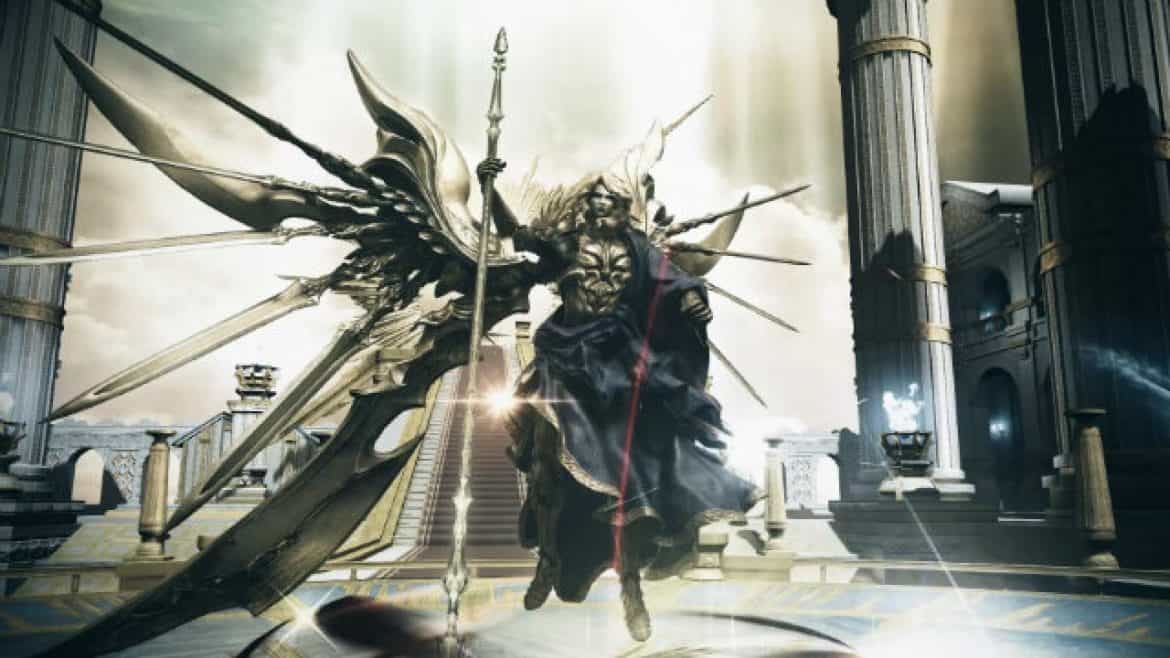
Whereas previous Final Fantasy XIV expansions grappled with broad-brush concepts in corruption, religion, and imperialism, the path you tread in Shadowbringers is a distinctly personal affair. The central conceit is the battle between good and evil, and between the dual concepts of Light and Dark, but at its core is a story about a protagonist who’s been left adrift and has to come to terms with their identity alongside long-time companions against the backdrop of a dying world. This harkens back to the sort of character treatment that the non-MMO Final Fantasy games have prided themselves on for decades, but even with the familiar subject matter, the journey here feels distinctly forward-looking. The question for a lot of fans was whether the longevity of the game post-Stormblood would last. When you roll the credits on Shadowbringers, it’ll be hard to envision a world where the answer to that is anything other than a resounding “yes”.
Shadowbringers hinges on a revelation. The quests between Stormblood and the new content do a great job of laying down a narrative foundation rife with inter-faction politics, intrigue, and shadowy figures pulling strings with hidden consequences. As the new expansion opens, however, that particular nest of vipers is upended by way of a forced jaunt through time and space. What starts as a quest to save your friends takes a life-altering turn; you’re thrown into the heart of a conflict between Light and Dark that strikes at the core of the hero mythos that the game has built around your character since A Realm Reborn.
As the Warrior of Light, you’re tossed rather unceremoniously into the realm of Norvrandt: a world ravaged by the very element that you’ve chivalrously championed all your life. Like any erstwhile hero facing the unknown, your job initially is to search for some clarity and a way to save your friends back home from eternal slumber. It soon becomes very clear that your impressive deeds in Eorzea mean next to nothing here. No one knows of your previous accomplishments, there’s a distinct distrust from the locals, and your usual non-verbal charm gets you nowhere.
The kicker is that any mention of the Light will make you public enemy number one; it’s rampaging through the land and leaving death and destruction in its wake. You’re unmoored and as good as stranded in an unfamiliar world where your values and beliefs could get you killed. Starting a new MMORPG expansion can often feel like slipping into a pair of worn shoes that have stood the test of time; there’s a certain sense of security afforded to you because of your established Chosen One status. With the story’s rocky start, Shadowbringers takes a decidedly discomforting approach by doing the narrative equivalent of taking those shoes off your feet and getting someone to beat you with them. The solution it offers in its opening minutes is simple: Set aside everything you know and become the Warrior of Darkness.
In practice, this is more difficult than it sounds. Norvrandt is home to all manner of dangers, and the most insidious aren’t the ones that come at you with sharp teeth and sharper claws. There’s a seething undercurrent of wrongness that permeates everything, as beautiful as the lush forests and the wide, open fields of this realm may be. These sentiments are felt throughout the design of Shadowbringers’ new locations and dungeons: the debaucherous Eulmore where the rich are willfully ignorant to the suffering of others, the deceivingly dangerous riot of fae and fancy of Il Mheg, and the apocalyptic wastelands of times long destroyed by the Light, to name a few. Each new environment is twisted violently in some way, whether it’s the presence of monstrous enemies or the cruel ways that its inhabitants have chosen to eke out a living.
The main story quests ferry you from location to location at a decent clip, though ample time is devoted to you experiencing the horrors that the Light has wrought about the realm. Having to go back to what feels like the equivalent of Hero School affords you some breathing room; it’s clear that the expansion wasn’t going to live and die on the Warrior of Darkness’ shoulders alone, and a large part of the narrative is actually devoted to fleshing out popular supporting characters from Final Fantasy XIV canon. You’re not the only one who’s had to make some difficult adjustments, and Shadowbringers doesn’t shy away from tough questions about sacrifice, honor, and duty (or their tougher answers).
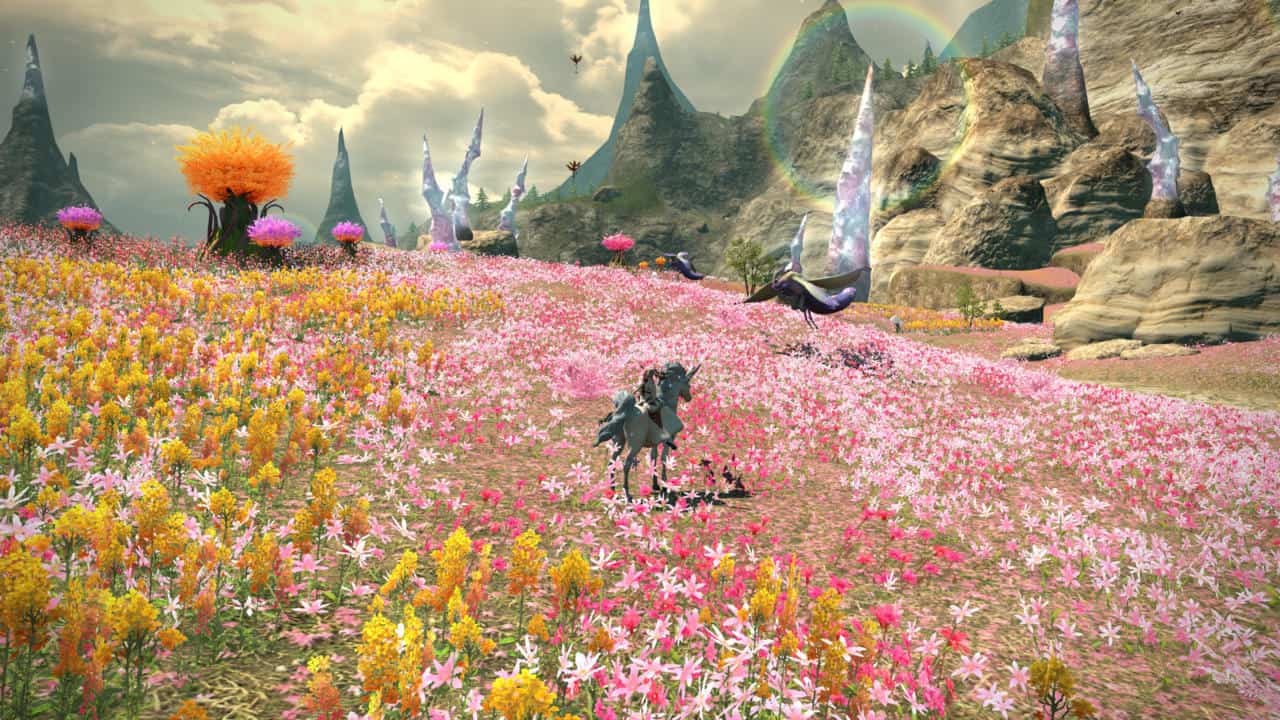
The dungeons and trials are an excellent way for Shadowbringers to hammer those points home, and to deal with important narrative beats. It’s a credit to the game’s development team that the dungeons are much more than just a means to keep you occupied or to give you enough experience to move on to the next big thing in the world. They function like little pockets of insight into the decayed state of Norvrandt, complete with harrowing bosses and crumbling ruins. These dungeons see you racing through castles fighting seraphim and diving into fae realms making desperate pacts to secure your future. And it all plays out to a distinctly operatic soundtrack that leans heavily into dramatic strings and modern vocal frills, creating a perfect atmosphere to underscore the urgency of your character’s mission. Every new encounter of this fashion drives the Warrior of Darkness closer to their goal of restoring balance to the world, whether it’s driving a sword through the heart of a friend now-twisted by Light or unearthing the origins and primal motivations for this conflict. Dungeons have always been a part of the main story’s requirements in Final Fantasy XIV, but here they feel just as crucial to your enjoyment and understanding of the tale as the new quests do.
Quests place you directly in the shoes of these supporting characters, and playing as them is both a welcome change of pace and a chance for newer players to deepen their understanding of the game’s lore. That being said, not all quests are made equal, and there are some confusing mechanical decisions that may frustrate. For example, the end of the expansion requires a player to have completed a max-level quest before picking up a lower-level one to progress to the grand finale. In other cases, optional quests that share a common thread can sometimes be spread out across different locations on a map and aren’t signposted any differently from unrelated ones. This can make you feel like you need to slog through every mundane errand in the hopes of finding a diamond. Luckily, these instances are few and far between; just like its predecessor, Shadowbringers brings to life a number of humanizing stories through its side quests and manages to make you care about the day-to-day lives of new characters who initially have nothing but scorn for what you stand for.
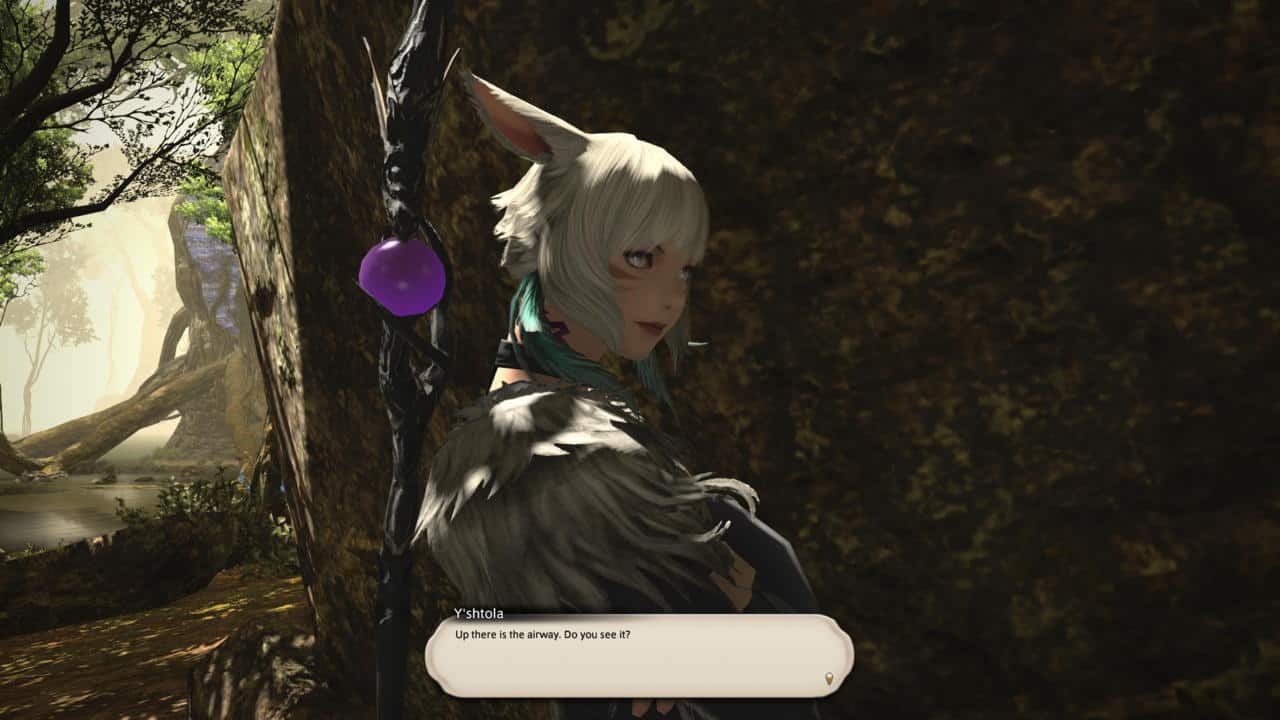
It’s not solely about capitalizing on known factors, though. The expansion introduces plenty of unfamiliar delights to sink your teeth into–the Trust system is perhaps the most important addition for accessibility that Final Fantasy XIV has seen since its rebirth. It allows players to take a fully-formed party of NPCs from the main story quests into dungeons with them, eliminating the need to wait 20 minutes in the queue if you were trying to go through matchmaking. This is the perfect solution for players who don’t want to play with strangers and ensures that no one is gated from progressing in the story just because they may have to wait an inordinate amount of time to find the necessary party. These NPCs are drawn from a pool of the familiar faces of the Scions of the Seventh Dawn and from some noteworthy new acquaintances, so using them in the Trust system is a pleasant nod to the value that the Shadowbringers narrative places on friendship and sticking together in the face of adversity.
On the matter of the new classes and races aside, servers are currently teeming with Viera and Hrothgar avatars ready to take on the world. While the new race models look as spectacular in motion as one would expect, the Gunbreaker and Dancer classes are still a relative unknown that players are puzzling out at this early stage in Shadowbringers’ life cycle. Gunbreaker packs a hell of a punch as a high-damage job, suited for an off-tank role that trades in axes and greatswords for something a little less traditional. Dancer’s primary focus other than looking absolutely enchanting in combat is to provide buffs for party members, and it appears to be trying to fill the utility ranged DPS role previously occupied by Bards who have now had their party-wide buffs removed.
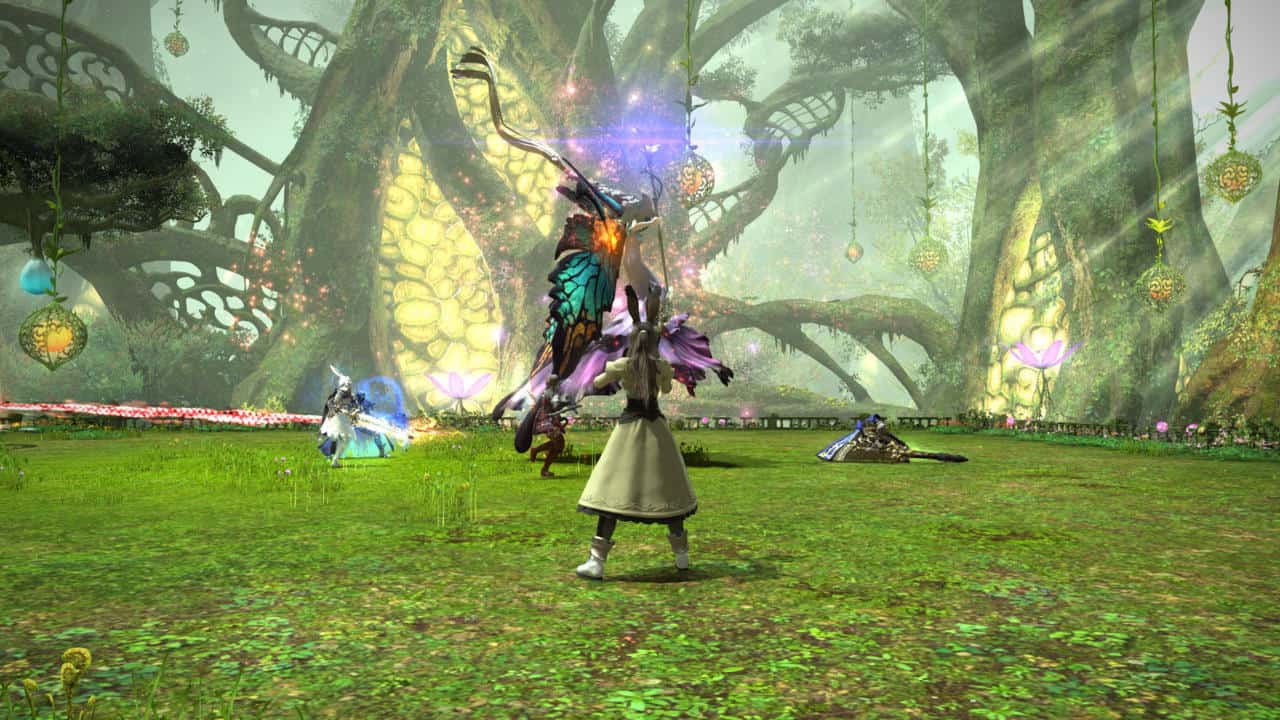
Gunbreaker currently feels a little too much like it was originally meant to be a DPS class. It does a ridiculous amount of damage, managing to hold its own against the likes of Black Mage and Samurai. This seems a little antithetical to the tanking philosophy imbued within the other role options, where the thematic focus on survivability and protection is much clearer. Healers in particular will have to get used to managing cooldowns around Superbolide, one of the key Gunbreaker abilities that reduces their HP to 1 whilst preventing further fatal damage. Playing as a gun-wielding tank is novel but hard to master as it takes a higher-risk approach to putting your life on the line for your party members and also requires those partied with you to be familiar with your new tricks.
Dancer, for all of its beauty, currently lacks some fire in the damage department. You have to manage two class-specific stances–Technical Step and Standard Step–each with its own set of moves to master. You also have access to Closed Position, which lets you choose a dance partner to benefit from your buffs and your skills. Pulling off a perfect performance will buff the Dancer’s DPS overall, and the key to doing damage is through graceful move combinations that ultimately let you unleash AOE attacks upon unsuspecting foes. The strength of Dancer shines through in prolonged encounters where their deadly chakram slice and dice at enemies, giving them the chance to use skills from both stances for a significant payoff. That being said, setting up these balletic massacres takes time; without enough breathing room to perform a routine, the Dancer can feel a little more frumpy than flamenco, especially in the majority of the game’s legacy content where breathing on something is as good as a killing blow.
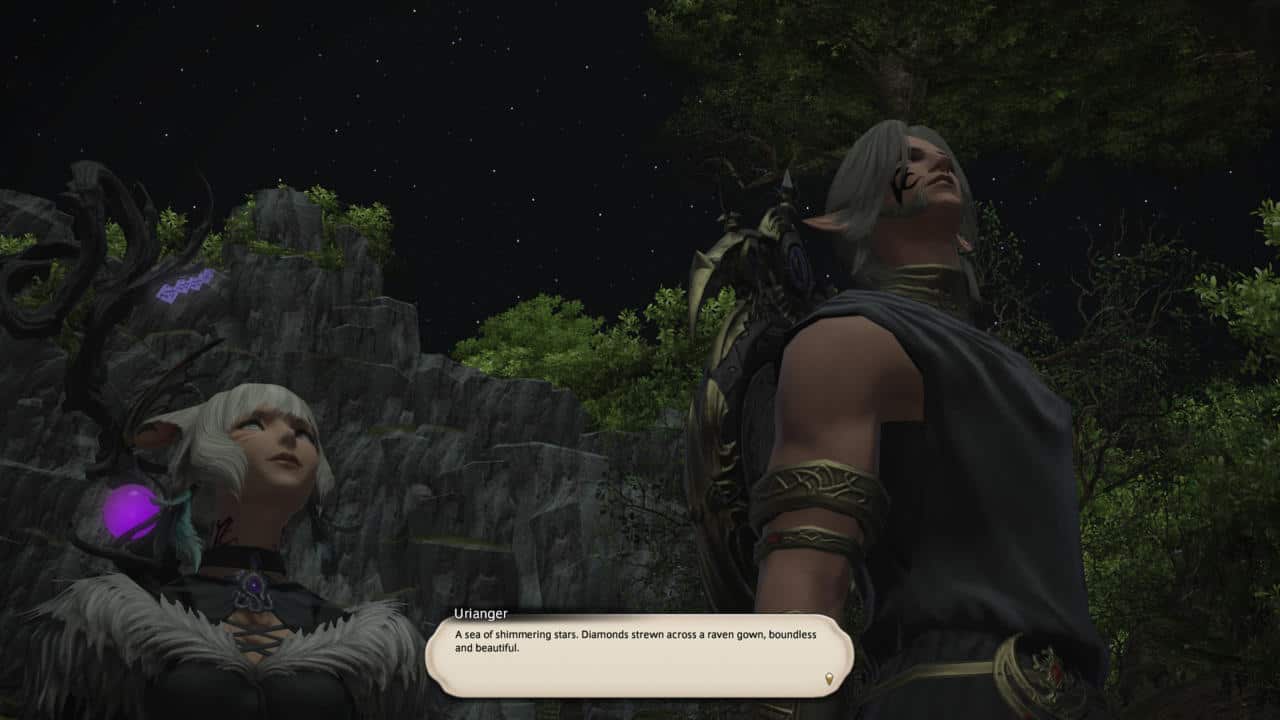
Both classes have a distinct identity, though the streamlining of the other jobs has muddied the waters a little in respect of the existing classes enjoying the same individualism. You used to have to pick up quests specifically for your chosen job to learn new skills. Now, Shadowbringers has replaced these with role quests for DPS, tanks, and healers, and these exist mostly to provide experience and to further the overall narrative than to improve any existing affinity with your character’s chosen profession. While some job questlines were more involved than others (Stormblood introduced a particularly heartfelt Samurai one), to do away with them entirely seems like a waste. Role actions also have been further simplified, with changes to tanking and healing in particular removing some bloat but also making them more homogenous. While this makes it easier for newcomers to plug and play, it feels like it’s come at the cost of the unique class identities which past expansions have been so careful to cultivate.
Some of its changes to the player experience are still causing a little discomfort during this teething phase, but Shadowbringers makes a strong case for itself as the game’s most engaging expansion. It’s not just the sheer scale and strength of the narrative weaving in years of old lore without cheapening the experience for new players, or the immaculately designed boss fights replete with spectacular music and thematic touches. It’s also the implementation of the Trust system and the chance to truly feel the impact of the Warrior of Light’s decisions over the past expansions through exploring the stories of your companions. For a story that starts with a laser focus on your character’s motivations and misgivings, it tells a tale that ends up being the biggest and the best that Final Fantasy XIV has ever told. Equal parts redemption, vengeance, cruelty, and sassy Elezen, Shadowbringers promises a hell of a lot when you take your first steps into Norvrandt and delivers a truly spectacular finish even if it stumbles a little along the way.


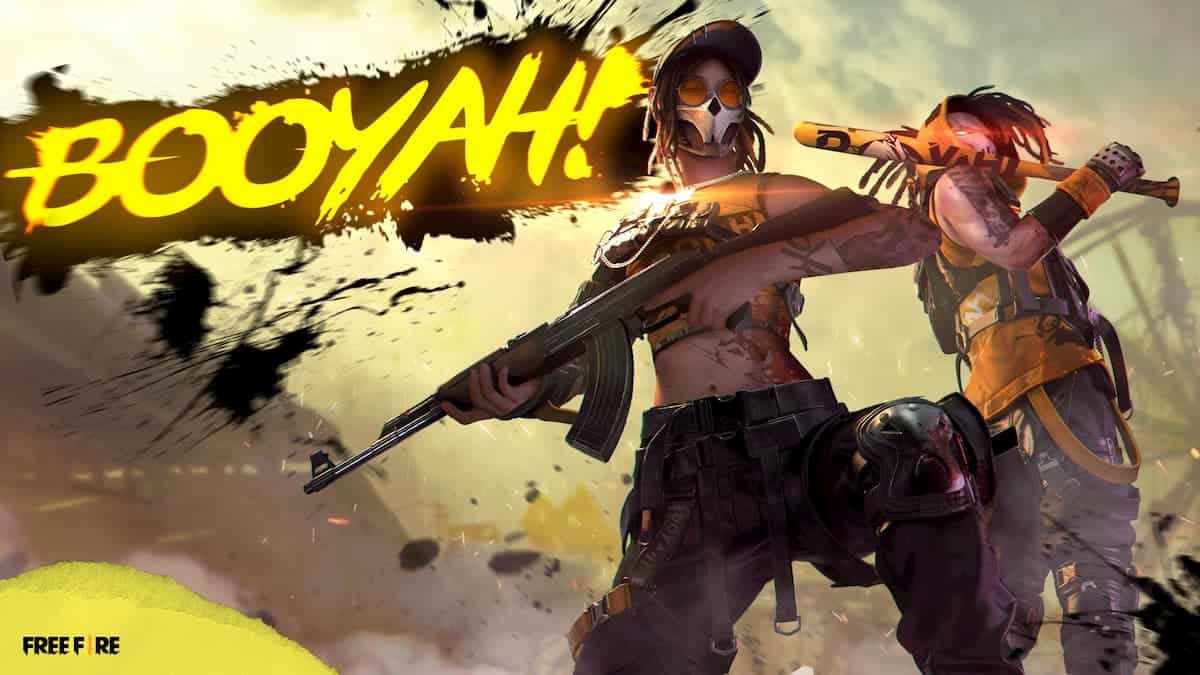
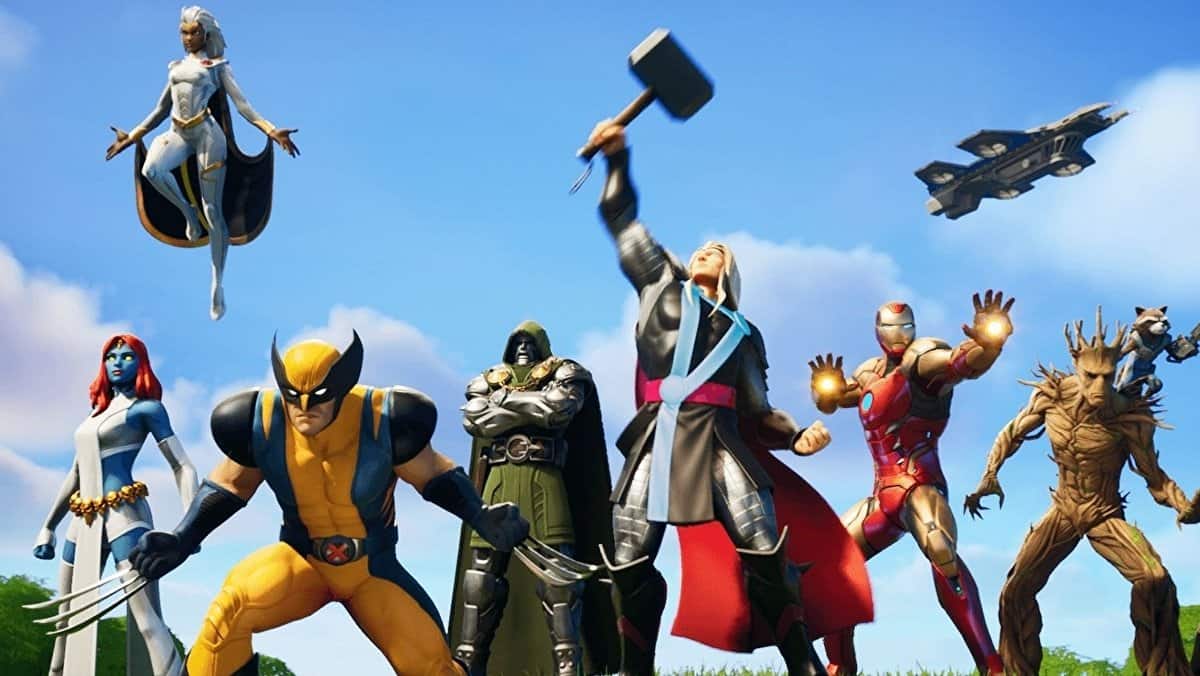

More Stories
Firefighting Simulator – The Squad review — Through the fire and the shame
Maid of Sker review — Death in the slow lane
PHOGS! review – It’s a dog-help-dog world out there